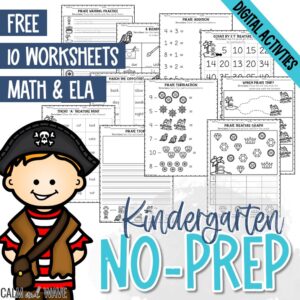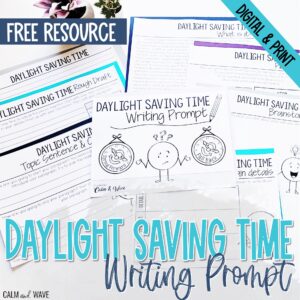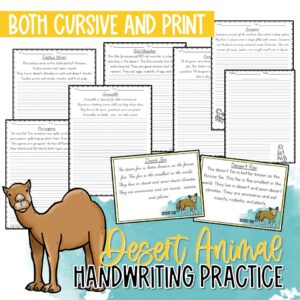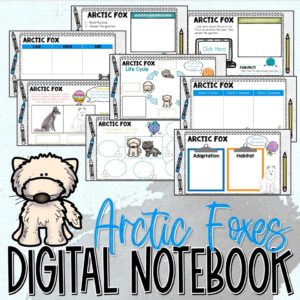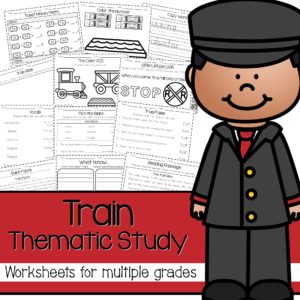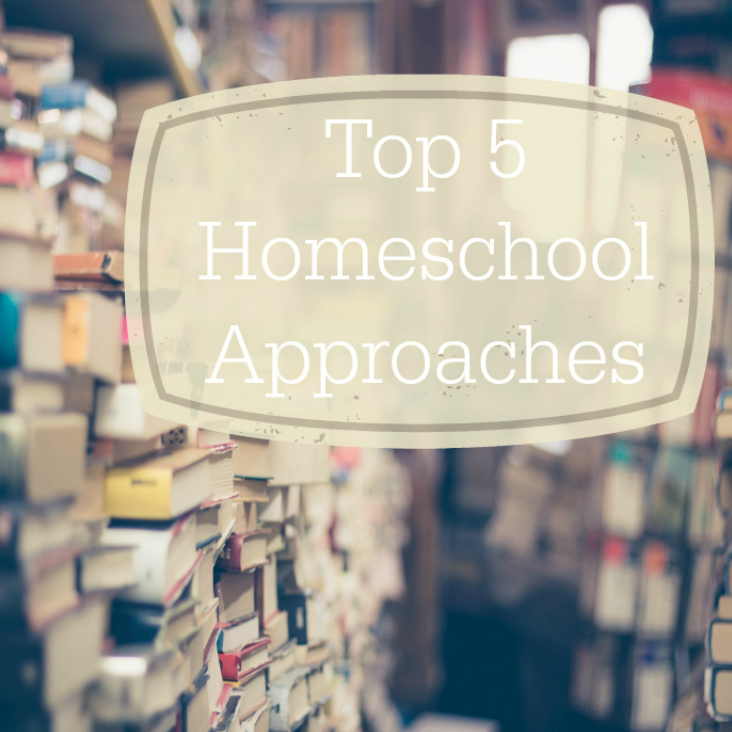
As I mentioned in this post, I am going to be homeschooling my oldest daughter in the fall.
I am writing about the journey here on Calm & Wave.
As well as including yummy recipes and other tidbits of information.
In starting my research into homeschooling, I was overwhelmed by all the information.
One thing that I found was there are different approaches to how you will homeschool your child/children.
Below I am going to discuss the top 5 approaches that I have found, as well as,
links to informative websites that have helped me to make my decision.
This list is a synopsis of what I have found and I do recommend reading the links provided for more info.
(these are in no particular order)

Charlotte Mason Approach
Charlotte Mason approach is based on the teaching style of Charlotte Mason, an early 20th Century educator. Mason lived in England and spent her life to furthering the quality of the educational system. More information on her life can be found here.
“I am, I can, I ought, I will.”
-Charlotte Mason
Charlotte Mason method uses living books instead of text books. She believed that content should not be “dumbed-down” for children. Children should be provided with a wealth of knowledge to consume.
The approach focuses on short lessons and habit training. Retelling of stories, memorization, copy-work are all important parts of the approach.
This approach is teacher-led. But encourages children to pursue their interests in their free time.
Some great resources Simply Charlotte Mason, Well-Trained Mind and a free curriculum.
Also some reading materials:

Unit Studies
The Unit Study approach is student-led. It focuses on one theme, whatever your child is currently interested in, and all subjects are based around the theme.
For example, if your child is interested in space, for reading you could read a space themed book.
For math, working with the distances of each planet from each other.
For science, discussing the composition of each planet.
Practice handwriting with a sheet like this here.
And so on.
This approach seems to take more work on the “teacher's” part but would likely keep the student's attention better.
Some great info can be found at here, here and reviews.
Also free unit studies for all ages.
Also some reading materials:
How to Create Your Own Unit Study

Classical Approach
The Classical approach is based on 3 phases. These go through teaching students how to learn, teaching a framework that will allow the student to hold all knowledge, and then preparing for an educated profession.
The first phase “primary education” is broken into three parts grammar, logic and rhetoric.
The second phase “secondary education” is broken into 4 parts arithmetic, geometry, music and astronomy.
Tertiary education is the third phase. This is where more serious knowledge is learned.
This approach is supposed to allow the child to be able to self educate. Children who have been classically trained would not be afraid of learning, but instead would have the tools to breakdown the problem.
Some great info from Well Trained Mind and Homeschool.com
Further reading can be found:
Classical Education and the Homeschool

UnSchooling Approach
Unschooling is similar to Unit Studies, but with less structure. This approach is also student-led. An educator, John Holt, is considered the “father” of the unschooling movement.
“[I]f [children] are given access to enough of the world, they will see clearly enough what things are truly important to themselves and to others, and they will make for themselves a better path into that world than anyone else could make for them.”
-John Holt
Parents provide the resources and support for the child to learn. But the child decides what they are interested in and what they need to know at the time. Children are allowed to be curious in their own interests and their knowledge is built from those discoveries.
More info can be found here and here.
And further reading:
Unschooling: A Lifestyle of Learning

School at Home Approach
This is the approach that I have ultimately decided on, with a little unschooling and unit studies thrown in. Like the name suggest this is like school that you do at home.
My daughter does well with structure, we do this at this time, and this other thing at this time, etc. It makes our days run smoother and we can get more accomplished. Since the middle of her 1st grade year we have been doing “Saturday school” at home. She chooses a subject she wants to learn about and I pick usually one of our subjects (generally science as that is her current favorite) and go over what she has discussed. The rest of the day is spent working in her work books over the rest of the subjects for that day. She loves it and usually begs for “Sunday school” as well.
I plan to continue in this way for her second grade year.
Some great links School-at-Home and here.
I would love to hear what approach that you use in your home. Leave a note in the comments.
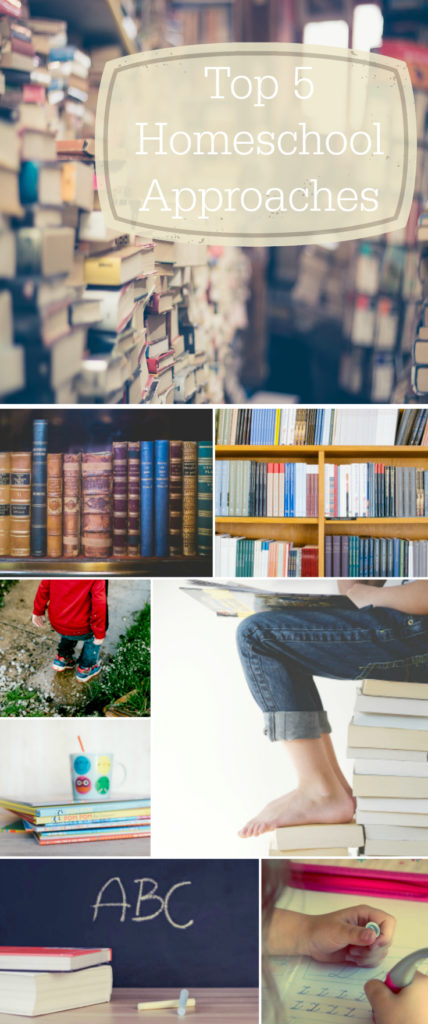
If you like this post and want to see more please:
Follow us on Facebook.
Come pin with us on Pinterest.
Sign up for our newsletter.


